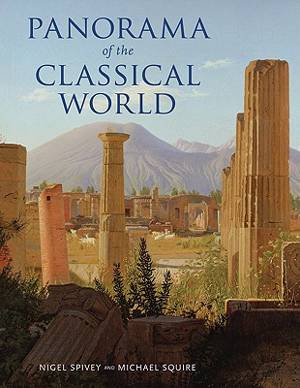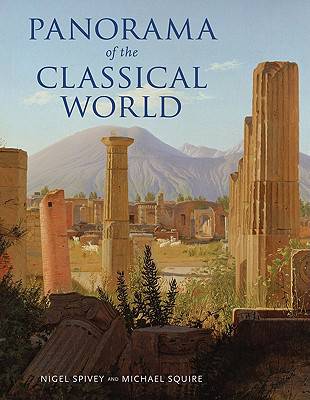
- Retrait gratuit dans votre magasin Club
- 7.000.000 titres dans notre catalogue
- Payer en toute sécurité
- Toujours un magasin près de chez vous
- Retrait gratuit dans votre magasin Club
- 7.000.000 titres dans notre catalogue
- Payer en toute sécurité
- Toujours un magasin près de chez vous
Description
This imaginative approach to the era in which Western civilization was born is a thorough--and thoroughly accessible--synthesis of the Greek, Roman, and Etruscan worlds, spanning the period from Late Geometric Greece in around 700 b.c., to the rule of Constantine in the early 4th century a.d.
The authors incorporate important developments in recent scholarship, including ideas of gender, war and pacifism, imperialism and dissent, political propaganda, economy, cultural identity, racism, hygiene and diet, and public and private uses of space. The book highlights the modern relevance of classical antiquity, from its influence on contemporary politics to the representation of the female body in Western art, and concludes by charting the history of classical civilization. The extensive reference section includes biographies, an introduction to classical mythology, a glossary of technical terms and vase shapes, as well as a timeline, map, bibliography, and index.
Spécifications
Parties prenantes
- Auteur(s) :
- Editeur:
Contenu
- Nombre de pages :
- 368
- Langue:
- Anglais
Caractéristiques
- EAN:
- 9781606060568
- Date de parution :
- 01-03-11
- Format:
- Livre broché
- Format numérique:
- Trade paperback (VS)
- Dimensions :
- 216 mm x 274 mm
- Poids :
- 1696 g







